When our mortal bodies die, do our souls live on?
Soul is a word we use quite casually. You might be the ‘life and soul of the party’, meet your ‘soulmate’, or quits a ‘soul-destroying’ job. But defining the soul is a far more serious affair.

Soul is a word we use quite casually. Someone has a nip of vodka, dances to ABBA, and becomes “the life and soul of the party”. If all goes well she meets her “soulmate”, quits her “soul-destroying” job and watches with interest as politicians fight for the “soul of the nation”.
Yet defining this soul is a far more serious affair. A life and death matter. This is the challenge France-based Australian historian Paul Ham sets himself in The Soul, an ambitious, immersive and impressive history of the human mind.
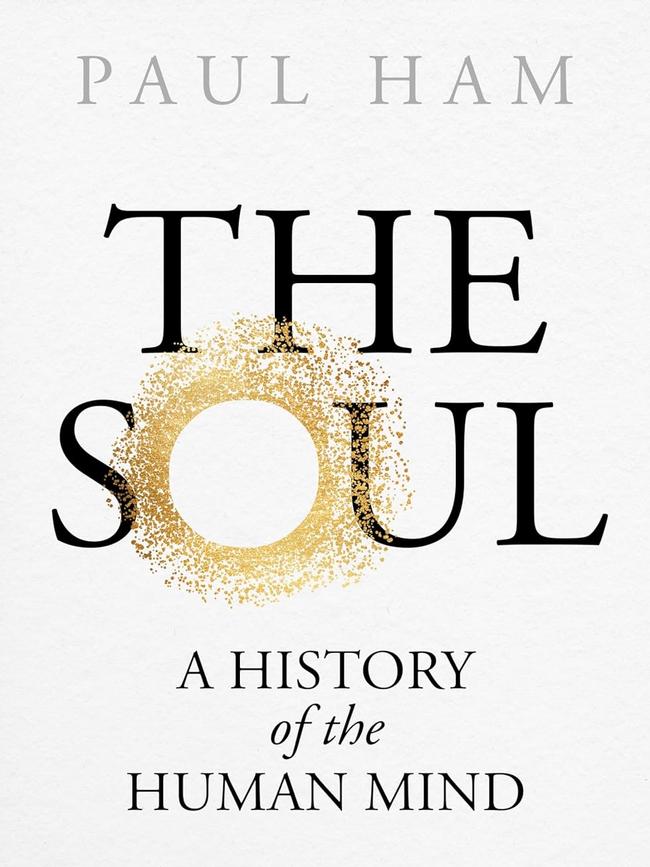
Is there a ghost in the machine? That’s the question at the heart of Ham’s inquiries. When our mortal bodies die, do our souls, an intangible inner substance, live on, in one form or another? (perhaps in a ham-producing pig via reincarnation), or in one place or another? (heaven and hell, for example).
Modern medicine thinks not. The old-fashioned soul is dead. If so, it’s a religious relic that humans have — and still do — kill each other over, as Ham details at considerable and gory length. This book has a far higher body count than his previous historical works, such as 1914: The Year the World Ended.
“Neuroscientists have persuaded themselves of what the brain is not,’’ Ham writes, “but they are yet to explain how the brain works — or, to be precise, how the brain makes the mind … In short, how does your brain make ‘you’?’’
This distinction between brain and mind is integral to Ham’s approach. While he covers religious belief in all its splendours and sins, his focus is on the mind which, as he notes more than once, is often considered synonymous with the soul. He outlines his thesis on page three: “The idea at the core of The Soul is that belief is the engine of human history, regardless of whether the thing you believe in — a god, a messiah, a promised land, a prophecy, a political utopia — exists or will ever exist. The events that shape and drive history — the way societies form and are structured, the conflicts between competing societies (and within them), the art and the ideas they produce — have been propelled by beliefs of the mind, and this is true across all human societies everywhere, and always.”
Or, to adapt Rene Descartes, we think therefore we are. Ham does devote pages to Descartes, alongside just about every thinker who has ever rubbed their chin: Confucius, Socrates, Cicero, Muhammad, Voltaire, Darwin, Freud, Marx, Spinoza, Machiavelli, Nietzsche, Hobbes, Richard Dawkins and numerous more.
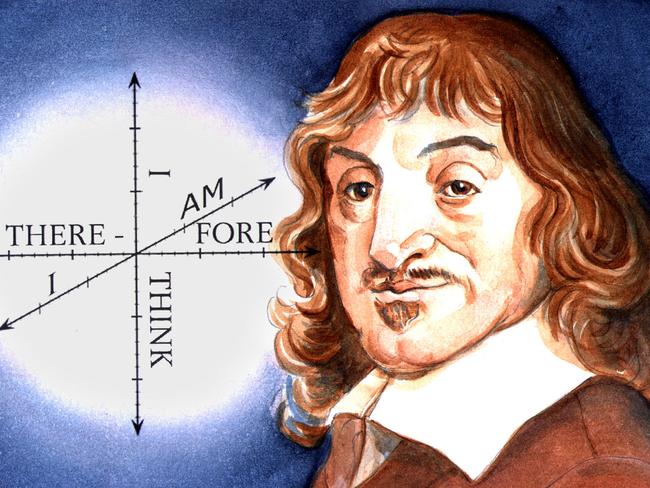
The result is an engaging and informative synthesis of human thought that often includes Ham’s rethinking of a thinker’s thinking. He also adds the right amount of humour to what is a capital S serious book. His imagined dinner with Judas Iscariot is drolly amusing.
Reading this book taught me much more about people I knew only a little about. I made a list of follow-up reading. In this sense it reminds me of Colin Wilson’s 1956 literary study The Outsiders. Reading that as a young man opened doors to rooms I’ve occupied ever since.
While I read this book in the regular sense, my advice, which my teenage son has followed, is to have it on the bedside table and read 20-50 pages a night. I think it will reward slow and careful reading.
The list of thinkers mentioned previously does lead to a question: where are the women? Ham explains this is in a chapter, Unchained, that explores the female soul and in which Australian feminist writer Germaine Greer features. It’s a passable explanation but I suspect some readers will find this book too male-orientated.
That maleness is emphasised by the literal battles for the soul that almost dominate the pages, from religious wars such as the Crusades to religious persecution within countries.
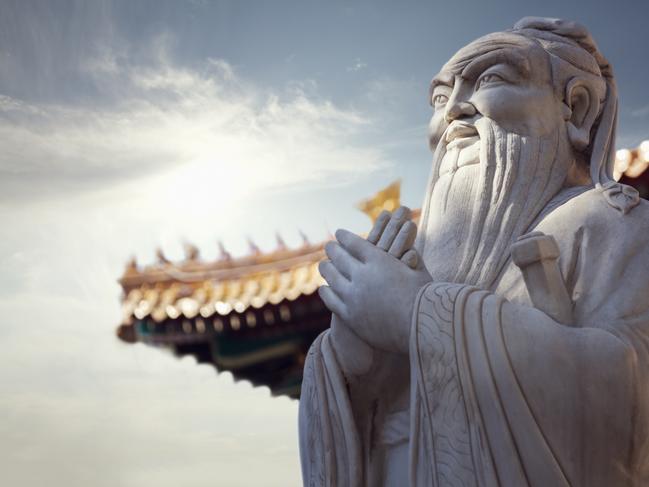
The amount of killing and torture seems to answer, in the negative, a question posed by another of Ham’s thinkers, the American archaeologist James Henry Breasted: “Is it to be hoped that the conscience will evolve and forge a higher human sensibility, civilising the warmongering beast within us?”
Right now, Ham fears the negative answer is correct. “Alas, a darker world may be upon us. Already, in the 21st century, humankind is making the same catastrophic misjudgements that led to the first and second world wars: terrorists and tyrants are fighting regional battles in the grip of prophecies or delusions of manifest destiny; demagogic politicians are appealing to our worst instincts to lawlessly seize power; the crudest beer-hall stain of racist scapegoating has returned; and Western governments are struggling to bridge the sharpest economic divide since 1914.”
If that’s not bad enough, Ham considers the existential threat to the human mind/soul posed by artificial intelligence. As in, will AI decide to wipe us out? His “interview” with ChatGPT is enlightening in a slightly scary way.
He does end on an optimistic note, in a letter to his possible great, great, great, great grandchild born in c2499, but almost because to do otherwise would leave the reader with the sentiment he expresses in today’s world shortly beforehand: “What you have just read may seem excessively grim. I’m simply the messenger.”
Hams ends his introduction with a bold statement. “Writing The Soul has changed my life; reading it may change yours.” This is an engrossing, fascinating book. If the mind and soul are synonymous, then it has enriched and expanded my soul.
Stephen Romei is a writer and critic.



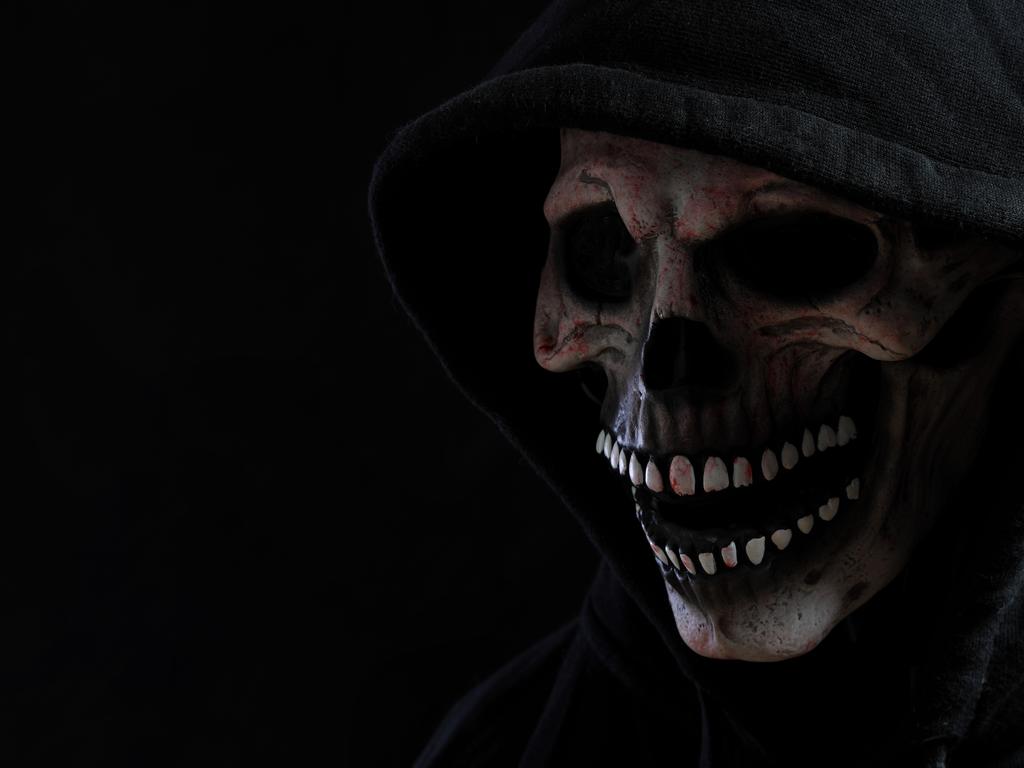
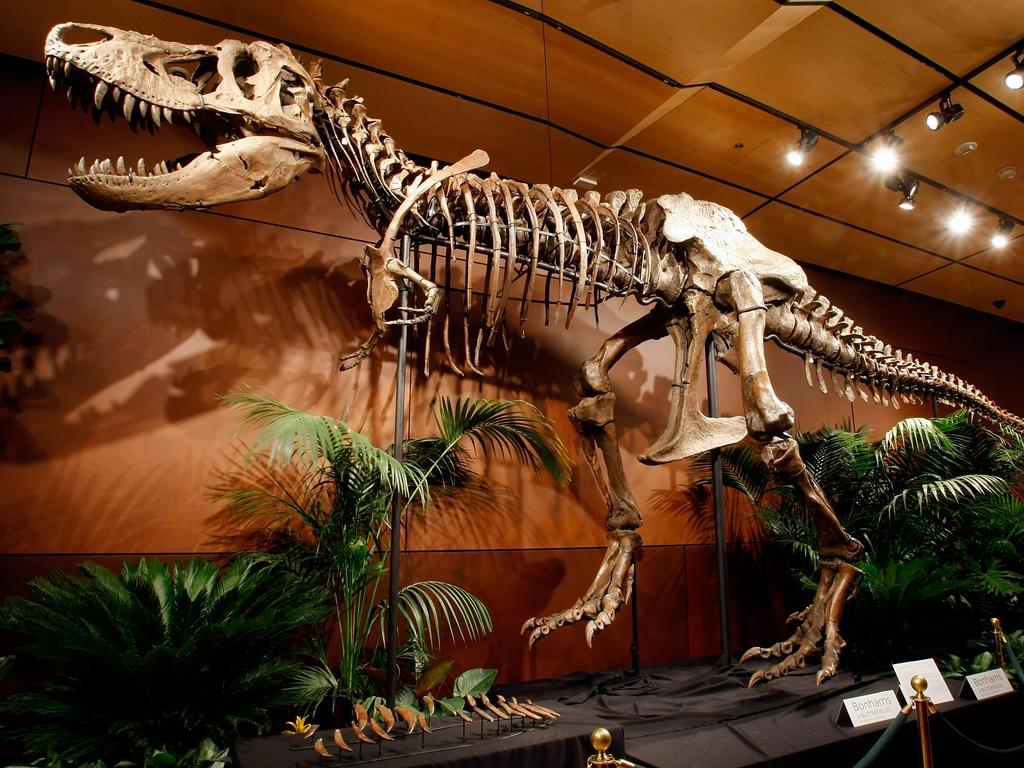


To join the conversation, please log in. Don't have an account? Register
Join the conversation, you are commenting as Logout